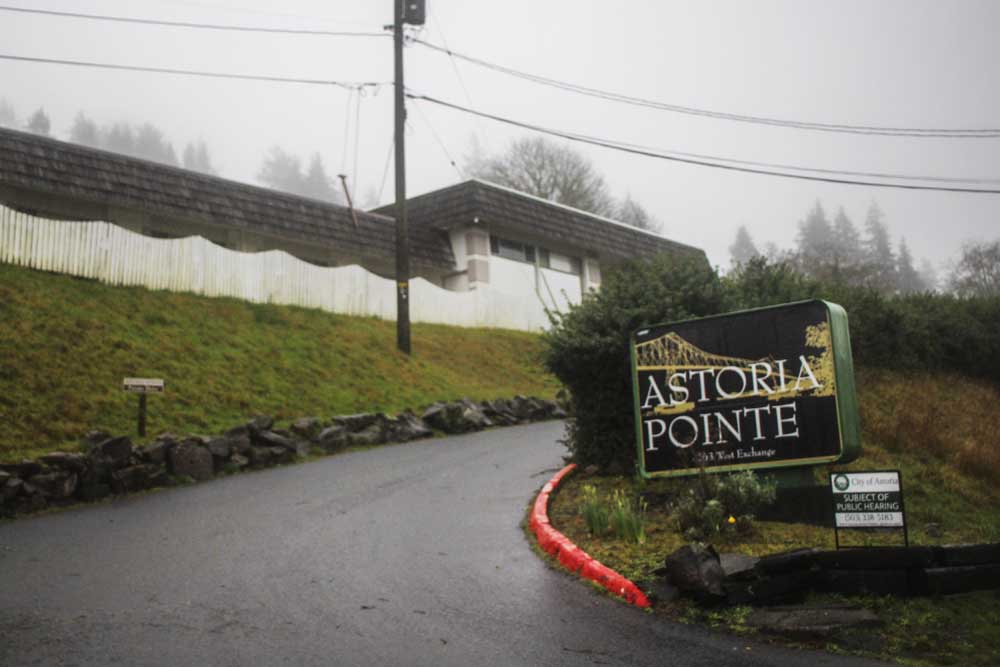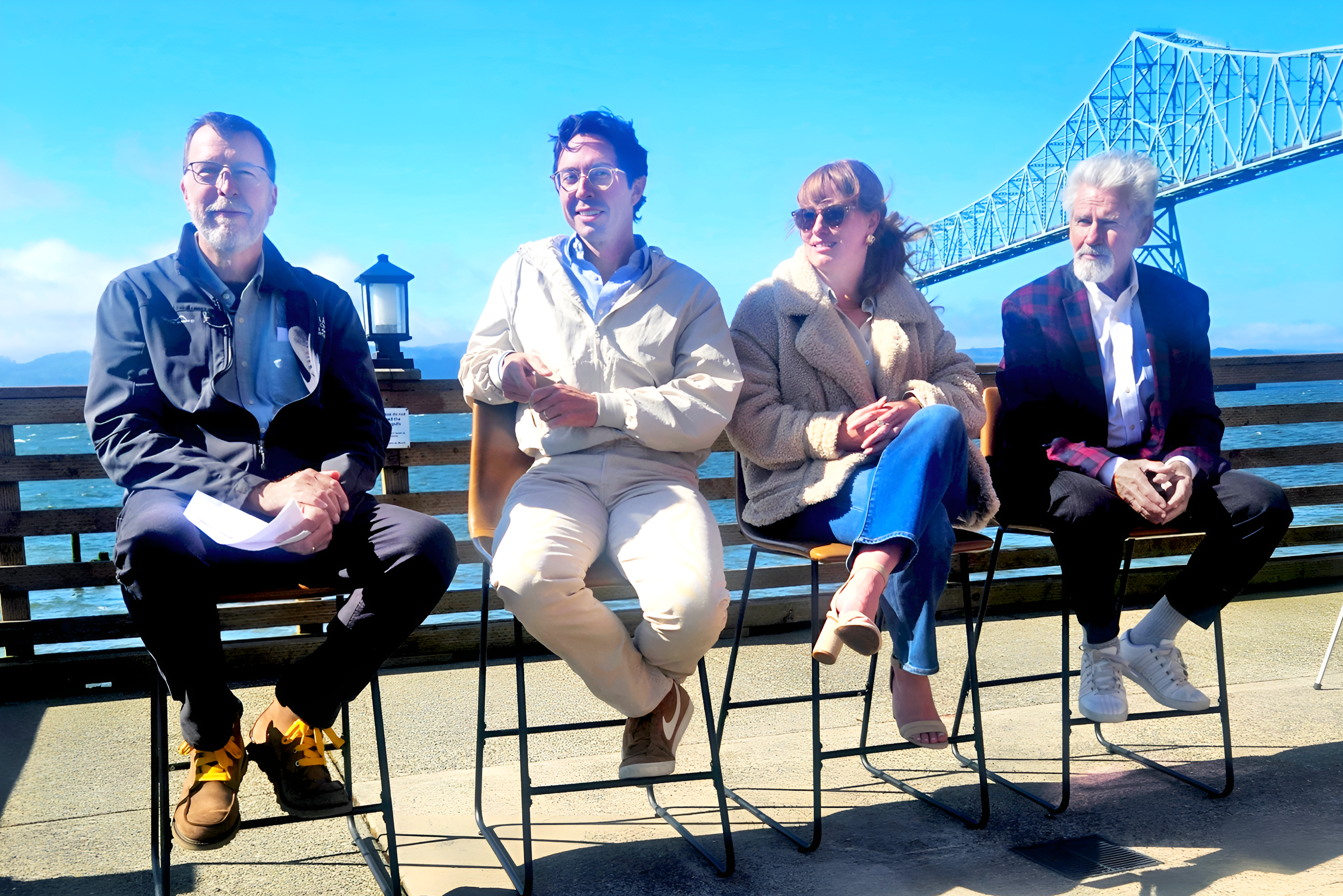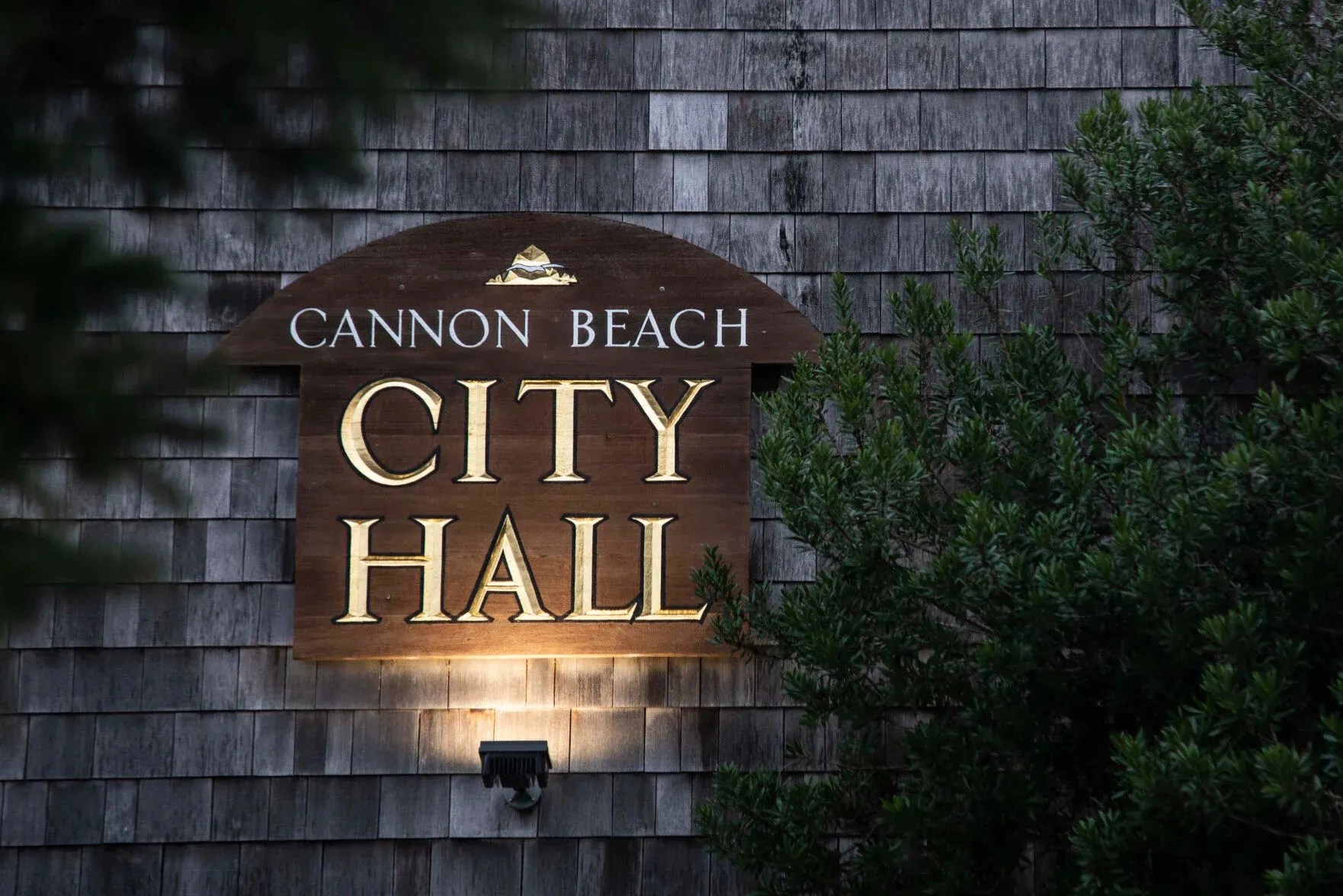Pacific Seafood’s housing project at Astoria Pointe stays alive
Published 2:07 pm Wednesday, February 5, 2020

- Pacific Seafood wants to house up to 80 workers inside Astoria Pointe, a former drug treatment center in Uniontown.
Pacific Seafood’s housing proposal at Astoria Pointe narrowly avoided denial Tuesday, even after the company lowered the number of workers it hopes to house in the former drug treatment center from 125 to 80.
The company argues the housing is necessary to help fully staff its Warrenton plant, reopened in 2018 five years after being destroyed by fire. The plant is running with 100 workers but can go up to 300. The company buses many workers in to sustain the workforce.
Many of the workers who would live at Astoria Pointe would be international and on seven-month worker visas, said Michael Miliucci, an attorney and special projects manager for Pacific Seafood who has been securing housing along the Oregon and Washington state coasts. The company was recently approved for a 70-bed dorm in part of a metal fabrication shop it owns in Hammond, which Miliucci said would take a year to retrofit.
Pacific Seafood would use shuttles to take people from Astoria Pointe to work and shopping. Miliucci noted that Astoria Pointe once housed 78 people.
Amid heavy opposition from neighbors and questioning from the Astoria Planning Commission, the company agreed to 13 conditions of approval, including a good-neighbor agreement that would limit the housing to 80 workers. The company would allow no more than 13 private vehicles to park on-site, and none along surrounding streets.
The Planning Commission proposed other conditions Tuesday, including a designated smoking area outside, compliance with the city’s noise ordinances and the guarantee of someone on-site to respond as immediately as possible to neighborhood concerns.
Garrett Stephenson, an attorney representing Pacific Seafood, said the company would accept the conditions, but asked for a straw poll of where planning commissioners stood before incorporating the new language.
The Planning Commission was down to four members Tuesday with the absences of Commissioner Brookley Henri and Commissioner Chris Womack, and the recusal of Vice President Sean Fitzpatrick over conflicts of interest related to past work at Astoria Pointe. President Daryl Moore and commissioners Cindy Price, Patrick Corcoran and David Kroening appeared headed toward a split decision that would have resulted in the denial of Pacific Seafood’s temporary use application after a four-hour continuation of public hearings.
Price, who leaned toward opposition along with Corcoran, took issue with the 13 conditions of approval and other unmet development code standards she felt made such a large worker housing proposal unworkable in a residential neighborhood.
“While I can see that … it’s certainly in Warrenton’s interest, and perhaps in a broader (sense) Astoria as a city’s interest, because we are so well-connected and because Pacific Seafood is an important business to all of us here on the North Coast, I don’t see at all how it is in the smaller community’s interest,” Price said.
Corcoran cited safety, parking and access concerns for the neighborhood that outweighed the benefit of adding workforce housing to the region.
Kroening felt the application with the conditions passed muster but was open to more stringent requirements for Pacific Seafood, such as not allowing any private vehicles or guests at Astoria Pointe to appease people’s concerns. He questioned whether the 15-person shuttle buses Pacific Seafood plans to use for workers would be any more obtrusive than the large pickup trucks he sees driving around the neighborhood.
“I have certainly leaned toward approval of this application with all of the conditions applied,” Moore said. “However, there’s a lot of conditions, and that’s also kind of a red flag for me. When we’re talking about a conditional use that has a long list of conditions, it almost seems like it actually doesn’t fit in the neighborhood.”
Kroening wondered if there was a number of workers allowed that would change Price’s and Corcoran’s minds. The Planning Commission toyed with the idea of reopening the public hearing Tuesday to ask Pacific Seafood and the community what number of workers they could accept.
But City Manager Brett Estes dissuaded them, worried the city could not meet the April deadline for completing the review of Pacific Seafood’s application through the Planning Commission and City Council.
Estes, who negotiated with Pacific Seafood’s representatives in a separate room Tuesday before returning to the meeting, said the company wanted the right of final written rebuttal to the Planning Commission by Tuesday. He hatched a plan to continue deliberations until Feb. 25, when planning commissioners would deliberate and vote on whether to recommend approval or denial of the application.






